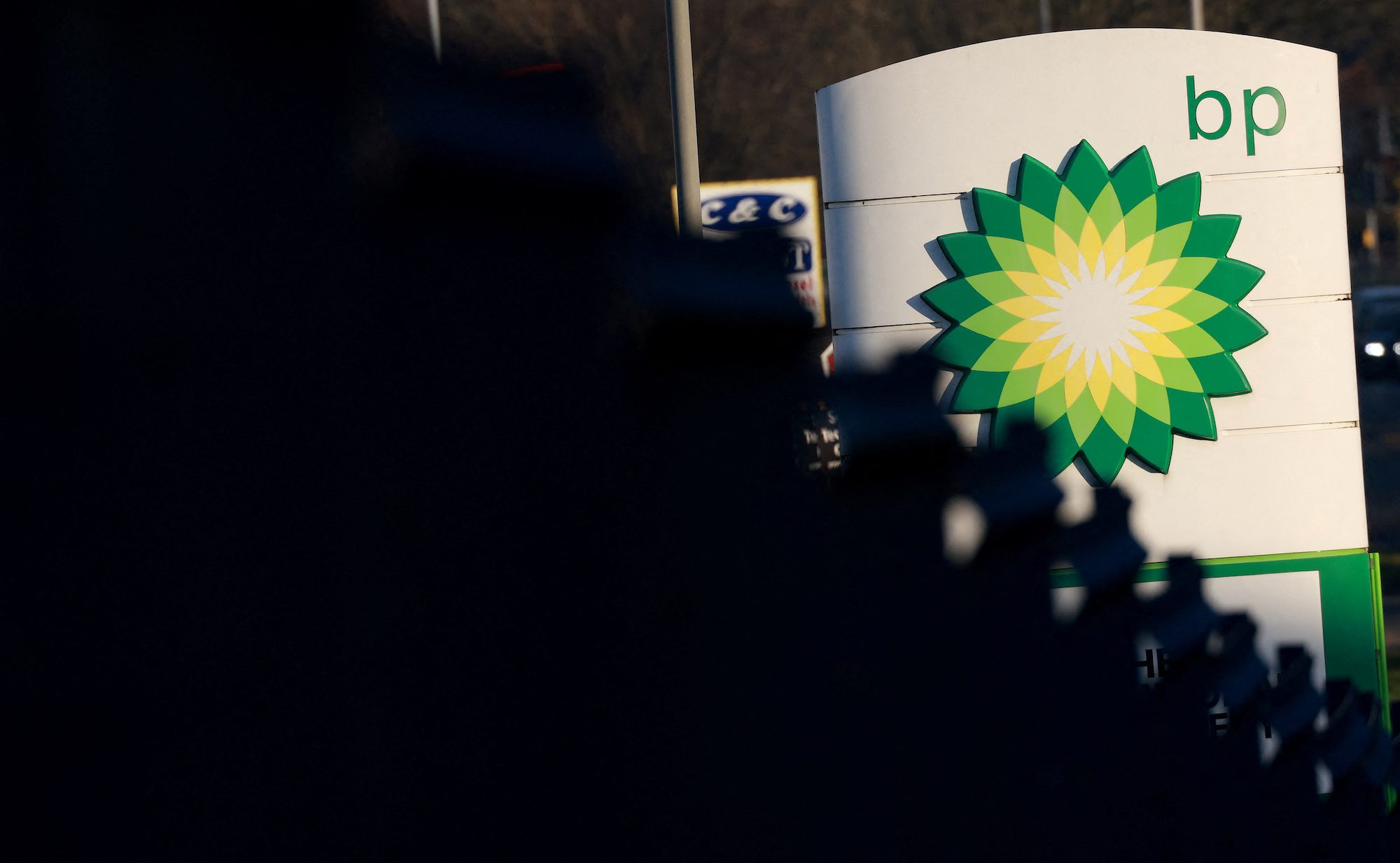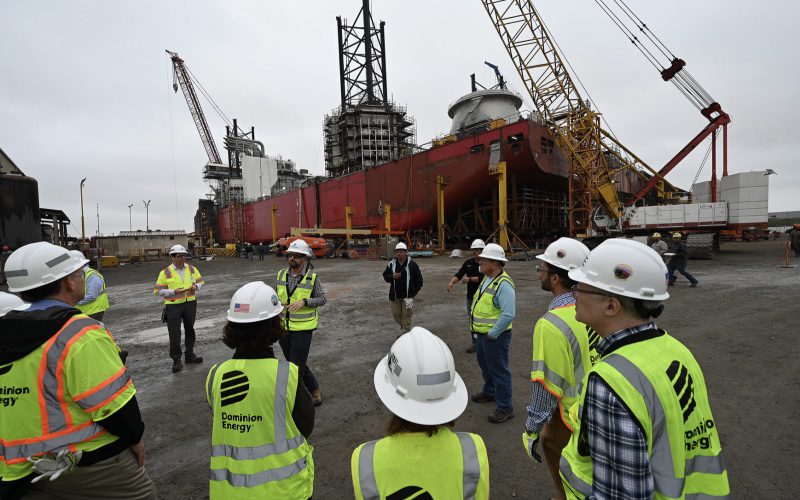In February, ExxonMobil announced its seventh oil discovery offshore Guyana following drilling at the Pacora-1 exploration well by the Stena Carron drillship. Photo: Stena Drilling
By Kevin Crowley (Bloomberg) — Exxon Mobil Corp. defended its contract with tiny Guyana as the oil major pushes to speed up production from the world’s biggest deep-water find in a decade.
There’s no need to renegotiate the deal because it was agreed only two years ago with several concessions to the government, Erik Oswald, Exxon’s vice president for exploration in the Americas, said in an interview. The agreement was described as “favorable” to Exxon compared with global norms by the International Monetary Fund.
Exxon wants first production from Guyana by early 2020, only five years after oil was discovered, as the company lags rivals in output growth and profits. Typically deep-water projects can take as long as a decade to begin producing.
“We wouldn’t see any need to renegotiate,” Oswald said on the sidelines of the Offshore Technology Conference in Houston. “We allowed the government to take a signing bonus, increase their royalty, increase the training program. In return for that we got more time to explore.”
Guyana, a home to under 1 million people, has become a critical venture for Exxon, which is struggling to arrest production declines across its global business. The company’s deep-water discoveries there are not only enormous, they are also enormously profitable. Breakeven costs, including taxes, are about $26 a barrel, according to IHS Markit. Brent crude is trading close to $75 a barrel.
Exxon is so keen to get the profitable oil flowing that it’s considering adding a drill rig dedicated to exploration, Oswald said. A dry hole drilled recently, only its second among seven successes, hasn’t dimmed the company’s view of Guyana’s potential. There’s plenty of “headroom” for the discovery to increase beyond the 3.2 billion barrels already found, he said.
“What the company needs more than anything right now is really profitable production flowing,” Oswald said. “The most important thing for us, for Guyana, and Exxon Mobil is this is production coming out super quickly. We’re going to get real high quality, extremely profitably production, early 2020. That’s a reasonable target.”
That’s why any discussion over the contract terms is an important issue for Exxon. Guyana has little expertise in regulating or negotiating oil contracts, so the country has enlisted several international organizations such as the IMF to help ready its fiscal, legal and regulatory systems.
In a November report, the IMF recommended Guyana rewrite its tax laws to increase its share of profitable oil and close out loopholes. It also recommended sticking by the current contract with Exxon and its partners, Hess Corp. and China’s Cnooc Ltd.
“You can say whatever you want but the experts are saying there’s nothing unusual or strange about the 2016 contract,” Oswald said, citing studies by Wood Mackenzie and Rystad Energy. The consultants say it’s a “middle of the road average contract” for a frontier country, he said.
In any case, the 2016 deal itself was a renegotiation of a 1999 contract.
“We had that contract in place,” Oswald said. “When that conversation with the government started we were fully considering saying maybe we should just stay with the contract we have.”
Guyanese officials including Mineral Resources Minister Raphael Trotman and Business Minister Dominic Gaskin have said the country has no intention of renegotiating the Exxon deal. Trotman has said he will push to implement the IMF’s proposals.
© 2018 Bloomberg L.P
Unlock Exclusive Insights Today!
Join the gCaptain Club for curated content, insider opinions, and vibrant community discussions.

 Join The Club
Join The Club












